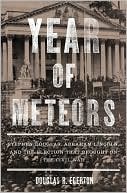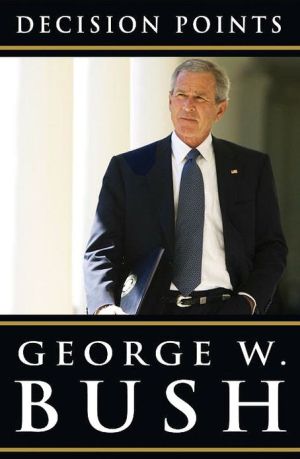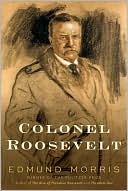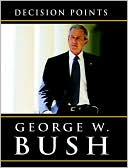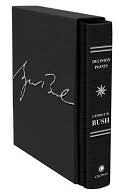Year of Meteors: Stephen Douglas, Abraham Lincoln, and the Election that Brought on the Civil War
Search in google:
In early 1860, pundits across America confidently predicted the election of Illinois senator Stephen A. Douglas in the coming presidential race. Douglas, after all, led the only party that bridged North and South. But the Democrats would split over the issue ofslavery, leading Southerners in the party to run their own presidential slate. This opened the door for the upstart Republicans, exclusively Northern, to steal the Oval Office. Dark horse Abraham Lincoln, not the first choice even of his own party, won the presidency with a record-low 39.8 percent of the popular vote.Acclaimed scholar Douglas R. Egerton chronicles the contest with a historian's keen insight and a veteran political reporter's eye for detail. Vividly, Egerton re-creates the cascade of unforeseen events that confounded political bosses, set North and South on the road to disunion, and put not Stephen Douglas, but his greatest rival, in the White House.We see Lincoln and his team outmaneuvering more prominent Republicans, like New York's grandiose William Seward, while Democratic conventions collapse in confusion. And we see the gifted, flawed Douglas marking his finest hour in defeat, as he strives, and fails, to save the Union. Year of Meteors delivers a teeming cast of characters, minor and major, and a breakneck narrative of this most momentous year in American history. Publishers Weekly The center could not hold amid a flood of passionate intensity recorded in this illuminating study of the 1860 election campaign. Historian Egerton (Death or Liberty) chronicles the year’s chaotic political wranglings, from the fractious party conventions that threw up four presidential contenders (two from minor parties) to the search for a congressional compromise to save the Union on the eve of Lincoln’s inauguration. An energized antislavery Republican Party supported Lincoln, unwittingly aided by cagey Southern radicals William Yancey and Robert Rhett, who, Egerton argues, conspired to split their own Democratic party in order to guarantee Lincoln’s victory and thus obtain a pretext for secession. In the doomed middle are Stephen Douglas and other moderates trying to preserve the nation with proslavery compromises that infuriated the North without appeasing the South. This is politics as high drama, and Egerton does it justice with his lucid, meticulous account of backroom deals, parliamentary brawling, and speeches whose rhetorical vitriol (one Republican convention speaker called Southerners “the whole vassalage of hell”) presaged violence. Also fine is Egerton’s analysis of the human motivations that tore the country apart. B&w illus. (Oct.)
